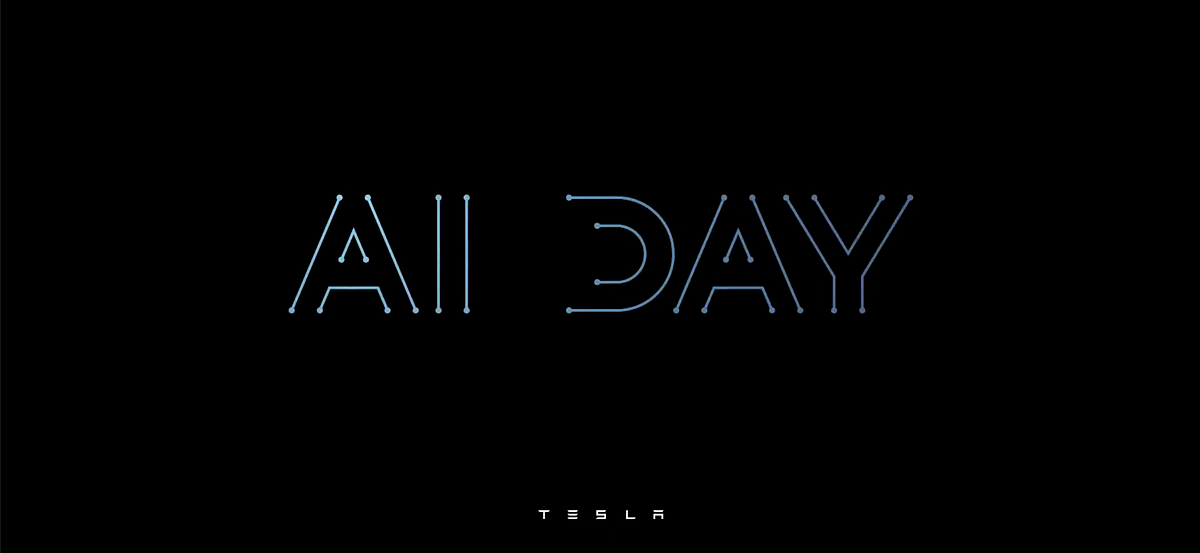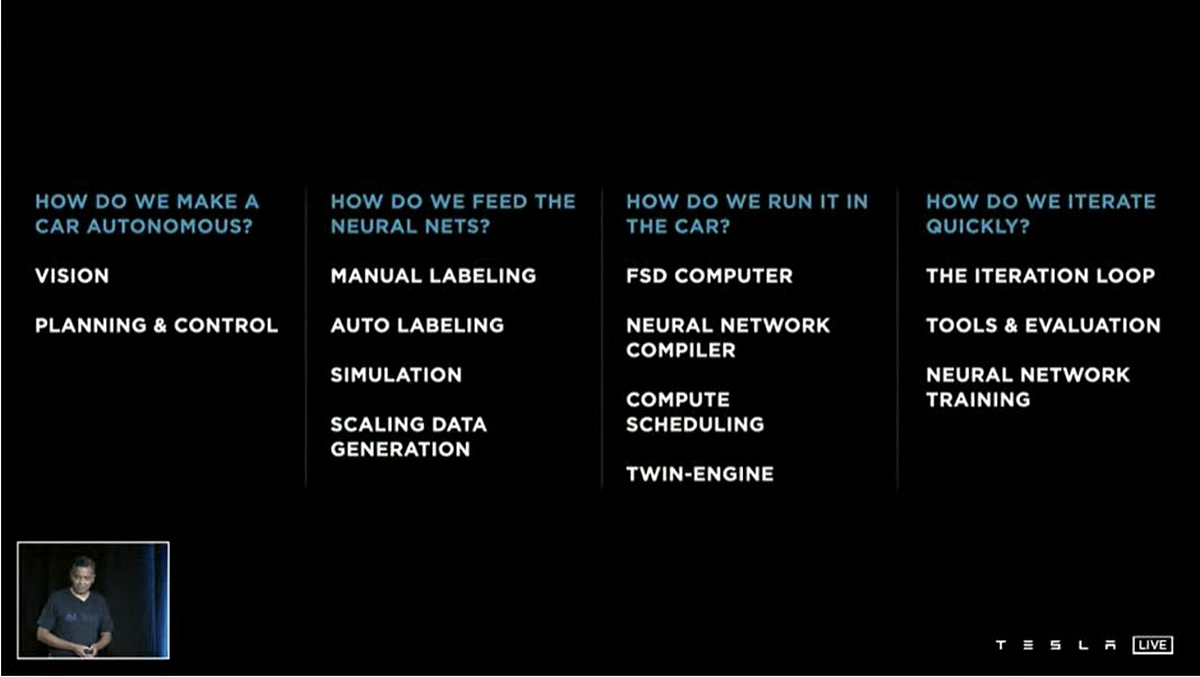The next big milestone for FSD is 11. It is a significant upgrade and fundamental changes to several parts of the FSD stack including totally new way to train the perception NN.
From AI day and Lex Fridman interview we have a good sense of what might be included.
- Object permanence both temporal and spatial
- Moving from “bag of points” to objects in NN
- Creating a 3D vector representation of the environment all in NN
- Planner optimization using NN / Monte Carlo Tree Search (MCTS)
- Change from processed images to “photon count” / raw image
- Change from single image perception to surround video
- Merging of city, highway and parking lot stacks a.k.a. Single Stack
Lex Fridman Interview of Elon. Starting with FSD related topics.
Here is a detailed explanation of Beta 11 in "layman's language" by James Douma, interview done after Lex Podcast.
Here is the AI Day explanation by in 4 parts.

 saneryee-studio.medium.com
saneryee-studio.medium.com

Here is a useful blog post asking a few questions to Tesla about AI day. The useful part comes in comparison of Tesla's methods with Waymo and others (detailed papers linked).

 yuhuang-63908.medium.com
yuhuang-63908.medium.com
From AI day and Lex Fridman interview we have a good sense of what might be included.
- Object permanence both temporal and spatial
- Moving from “bag of points” to objects in NN
- Creating a 3D vector representation of the environment all in NN
- Planner optimization using NN / Monte Carlo Tree Search (MCTS)
- Change from processed images to “photon count” / raw image
- Change from single image perception to surround video
- Merging of city, highway and parking lot stacks a.k.a. Single Stack
Lex Fridman Interview of Elon. Starting with FSD related topics.
Here is a detailed explanation of Beta 11 in "layman's language" by James Douma, interview done after Lex Podcast.
Here is the AI Day explanation by in 4 parts.

Deep Understanding Tesla FSD Part 1: HydraNet
From Theory to Reality, Analyze the Evolution of Tesla Full Self-Driving
 saneryee-studio.medium.com
saneryee-studio.medium.com
Here is a useful blog post asking a few questions to Tesla about AI day. The useful part comes in comparison of Tesla's methods with Waymo and others (detailed papers linked).

Twelve Questions about Tesla Autopilot Technologies Exposed at 2021 AI Day
On Aug. 19 2021, Telsa held an AI day , exposing more technologies about Autopilot , from perception, planning, data labeling, simulation…
 yuhuang-63908.medium.com
yuhuang-63908.medium.com
Last edited:



